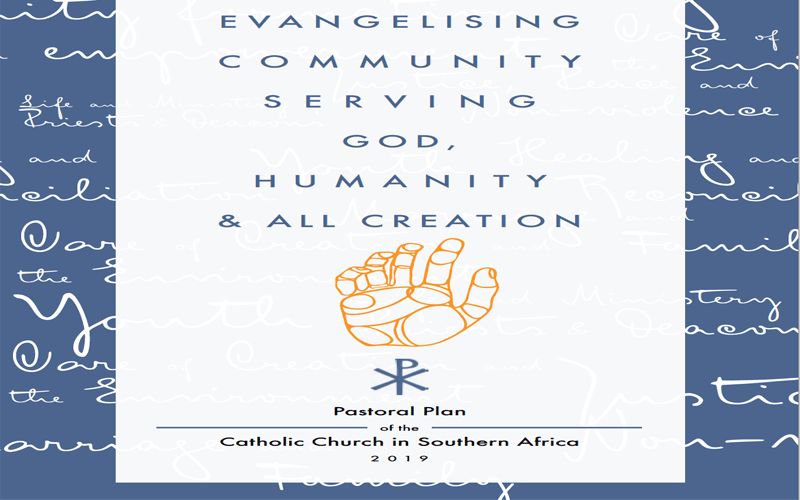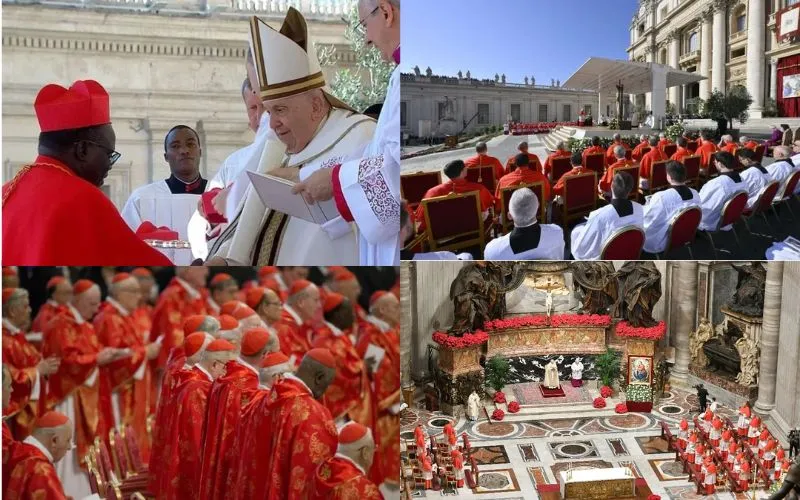Pretoria, 30 January, 2020 / 3:47 am (ACI Africa).
The newly-launched pastoral plan of the Southern Africa Catholic Bishops’ Conference (SACBC) is expected to be “a light in darkness” for Botswana, Eswatini and South Africa, to guide the three countries on the path of evangelization in contemporary times, and possibly redeem the people of God there from economic instability, corruption and social evils to become, once again, “the model and envy of the world,” a section of SACBC members have said.
During the launch, SACBC President, South African Bishop Sithembele Sipuka expressed concerns that his country had, over the years, slid from a coveted destination to a host of some of the biggest social evils in the Southern region of Africa and considered the new pastoral plan as proving a path to the lost glory.
“In 1994 we were spectacularly moved from the oppression of apartheid with great promises,” the South African Prelate recalled during the Sunday, January 26 event and added, “We were the model and envy of the world; our economy grew, we won soccer cup, we won the rugby world cup, we had self-leaders like Mandela, Joe Slovo, Kada Asmal, dedicated government ministers, and good Church leaders.”
Referencing the Sunday’s first reading, Bishop Sipuka lamented, “Right now we are like the Israelites when Isaiah spoke this message of hope to them; local governments are grossly mismanaged and resources are looted resulting in desperate reaction by the poor people.”
He likened the people of God in Southern Africa to the Israelites who were “spectacularly liberated from the oppression of Pharaoh in Egypt,” saying, “with load shedding, we literary live in darkness sometimes and also figuratively, darkness has descended upon us.”








